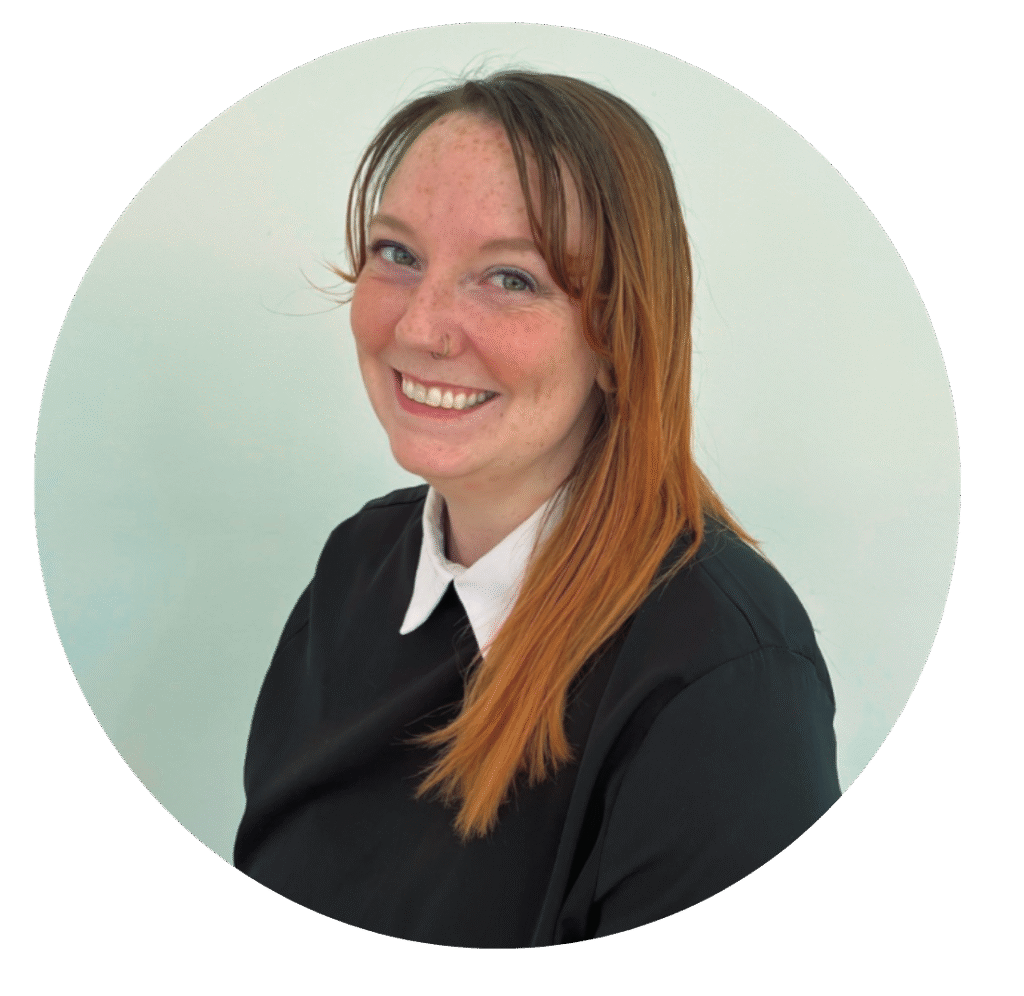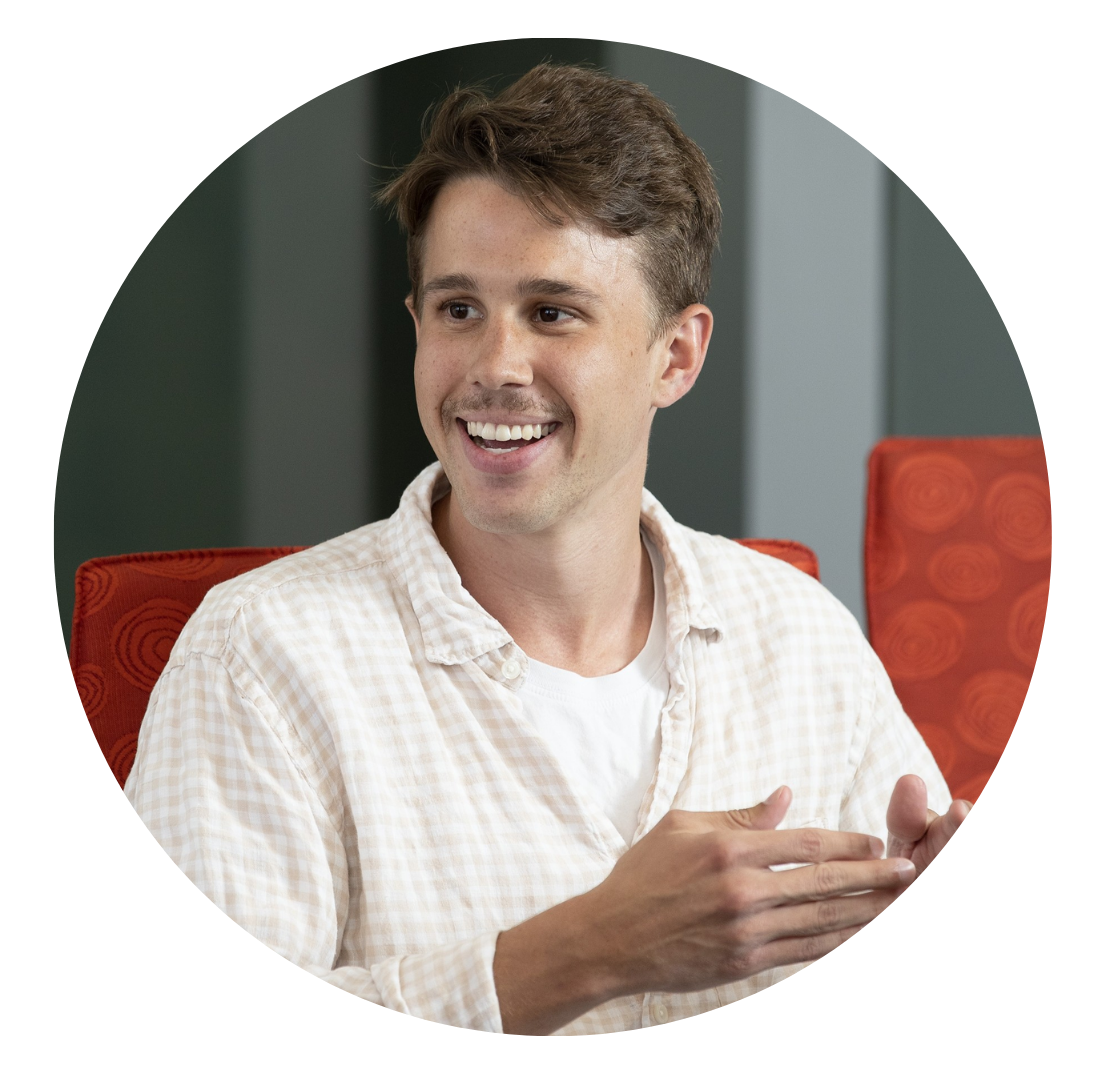We are excited to introduce the 2024-2025 Inlight Student Advisory Committee!

Each year, Inlight works with a Student Advisory Committee composed of current graduate and undergraduate students from across the three University of Toronto campuses. The Inlight Student Advisory Committee ensures the representation, prioritization, and engagement of diverse student voices in student mental health research and related activities across the University of Toronto.
Learn more about this year’s Student Advisory Committee members below.
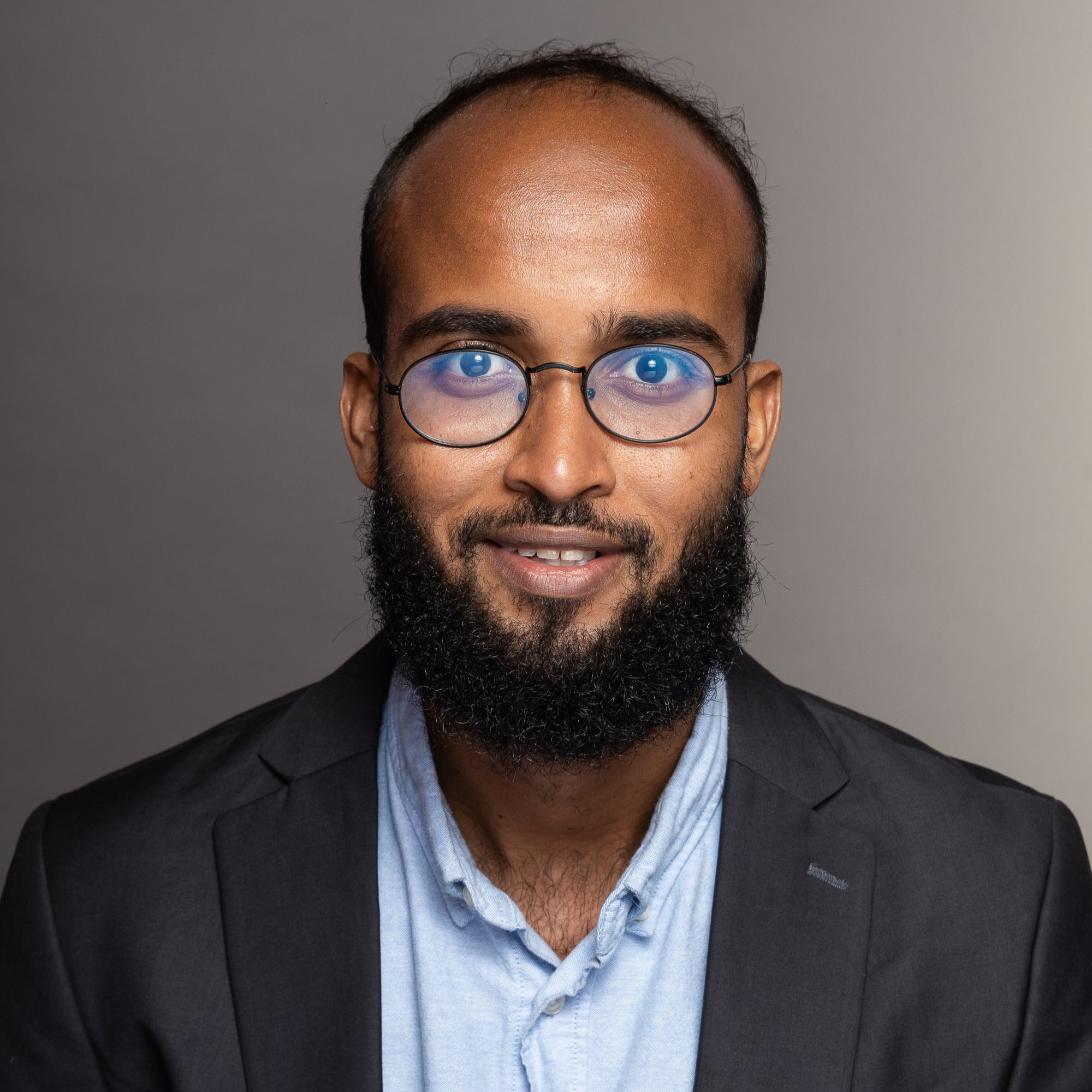
Aden Ahmed
Masters Student
Global Mental Health & Counseling Psychology
Ontario Institute for Studies in Education
About Aden
Aden Ahmed is currently pursuing a master’s degree at the University of Toronto in Counseling Psychology with a focus on Global Mental Health. He has previously served as a Graduate Wellness Ambassador at the University of Toronto Mississauga – Health & Counseling Center and currently holds the position of Mental Health Crisis Support Case Manager for the African, Black & Caribbean Program at the Fred Victor Organization. Aden completed his undergraduate studies at the American University of Beirut in Lebanon, where he earned his BA in Psychology. He is deeply passionate about the field of Global Mental Health and aspires to contribute to the United Nations to effect meaningful changes in mental health policies in low-income countries.
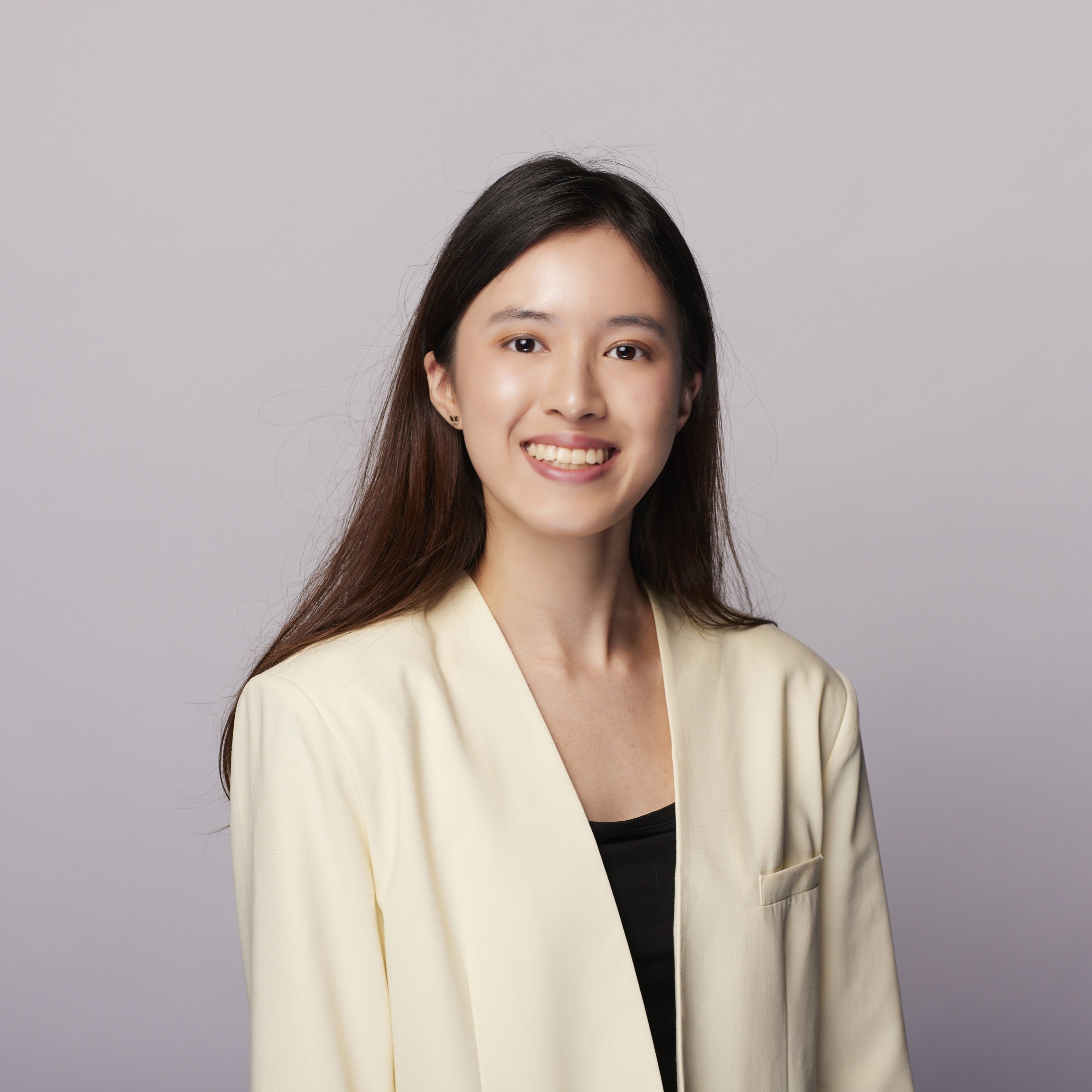
Alanna Sethi
Undergraduate Student
Psychology Specialist
University of Toronto Mississauga
About Alanna
As the Founder & CEO of HOPE (Helping Our Planet Earth), Alanna Sethi is an award-winning mental health consultant. For her exceptional achievements, in 2024 she was named one of the Top 10 Finalists for the Chegg.org $100,000 Global Student Prize, Global Citizen Youth Leaders Award, Sustainable Action Award, Scholar-in-Residence and Dean’s List Scholar. Other achievements include being a 2023 Liv Magazine Platinum Youth Wellness Mentor of the Year and receiving the 2022 Women of Wellness: Changemaker Award among others. She has also been featured in Insauga, CBC Metro Morning, 680 News Radio and NewsTalk 1010.
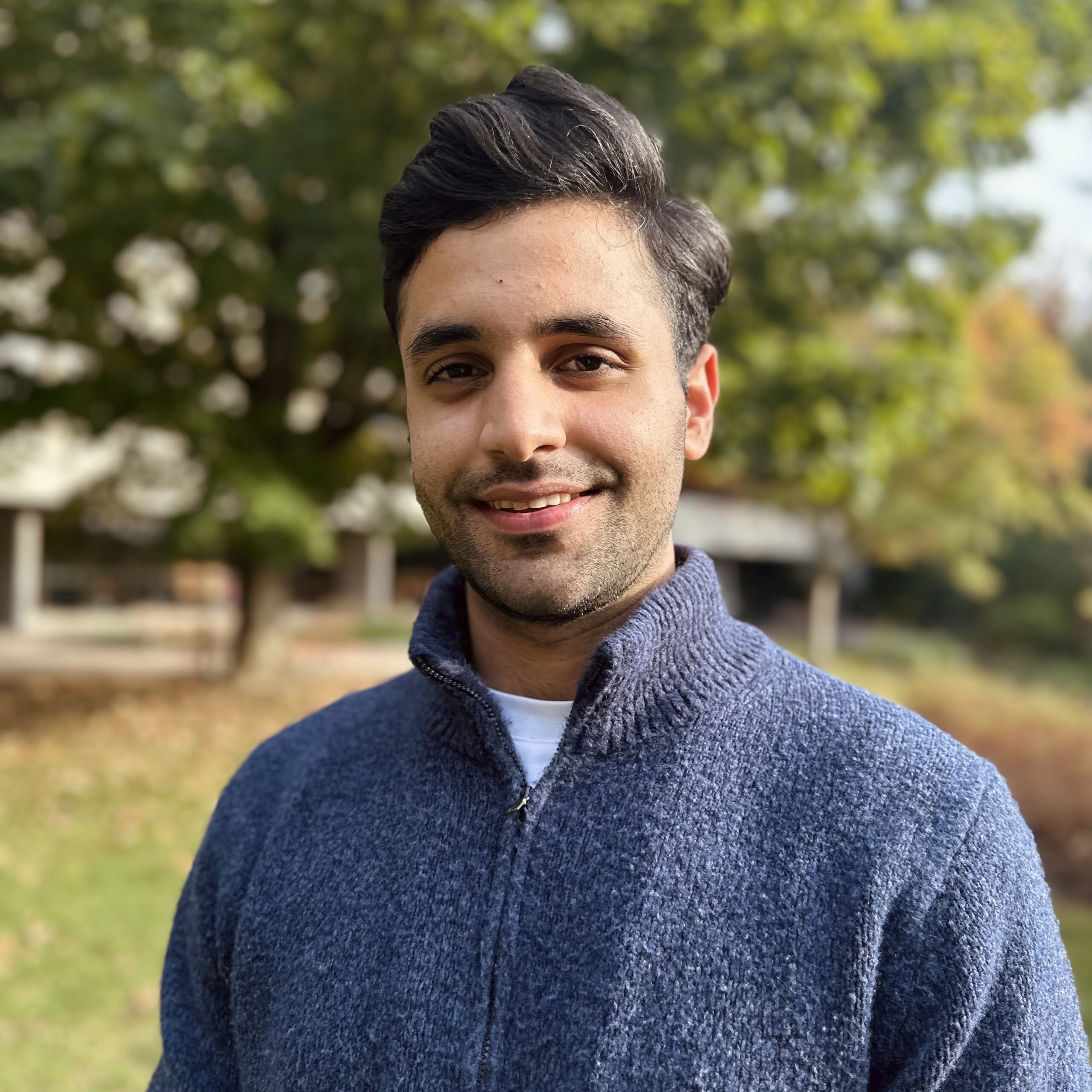
Bilal Ahmed Qureshi
Undergraduate Student
Neuroscience & Human Biology
University of Toronto Scarborough
About Bilal
Bilal A. Qureshi is a second-year undergraduate student at the University of Toronto Scarborough, majoring in Neuroscience and Human Biology. He has research experience in neuropharmacology, focusing on gene therapies for autism, behavioural neuroscience, and cognitive neuroscience, particularly in decision-making and motivational conflicts. Currently, Bilal works in two cognitive neuroscience labs at UTSC. A recipient of the Budding Scholar Award, he aspires to pursue a PhD and become a professor. His goal is to translate his research into discoveries that impact academic and global communities, with a focus on improving mental health outcomes through neuroscience.

Claire Zhang
Undergraduate Student
Doctor of Medicine
Temerty Faculty of Medicine
About Claire
Claire Zhang (she/her) is a second-year medical student at the University of Toronto. Among her research interests, she is especially intrigued by the role of compassion and self-compassion in undergraduate medical education, and its impacts on student mental well-being. Claire hopes her research will contribute to undergraduate curricular change and relevant, accessible, upstream mental health resources. Ultimately, Claire aspires to shift the hidden curriculum and medical culture to genuinely valuing the well-being of learners.

Liz DaMaren
Doctoral Student
Mechanical & Industrial Engineering
Faculty of Applied Science and Engineering
About Liz
Liz DaMaren (she/her) is a PhD Candidate in Mechanical Engineering at the University of Toronto and is part of the Collaborative Specialization for Engineering Education. Her research investigates student engagement in computer-aided design software education, with a focus on equity considerations such that all students are able to authentically engage in their learning. She is passionate about mental health and well-being, which she enacts through her roles as a teaching assistant and her involvement in the outdoors community at UofT.

Khushi Patel
Undergraduate Student
Computer Engineering
University of Toronto St. George
About Khushi
Khushi Patel is a undergraduate Computer Engineering student at the University of Toronto St.George campus. She is currently on her 16-month CO-OP year where she is working at BMO as a Cloud Engineer. She is currently working as the Skule Mental Wellness Director this year, excited to improve mental wellness within UofT Engineering. She has also worked with first year students through various roles and hopes to contribute to research and initiatives related to student mental health.

Meagan Muscat
Doctoral Student
Counselling Psychology
Ontario Institute for Studies in Education
About Meagan
Meagan Muscat (she/her) is an Indigenous woman pursing her EdD in Counselling Psychology at the Ontario Institute for Studies in Education (UofT). Her research seeks to understand how to engage Indigenous populations in receiving mental health support. Meagan is a counsellor on the OISE and Graduate Education Council at UofT. Ultimately, Meagan hopes to educate others on the intersection of Indigenous ways of knowing and mental health.

Jas Chhetri
Undergraduate Student
Molecular Biology
University of Toronto Scarborough
About Jas
Jas Chhetri is a third-year undergraduate student in the molecular biology program at UTSC. Jas is involved in advocacy work and community based peer support, especially in spaces for queer and disabled students. Jas continues to advise as a student mental health advisory committee member for the project Mapping Services to Support the Mental Health Needs of Diverse 2SLGBTQ+ Students Across the University of Toronto.
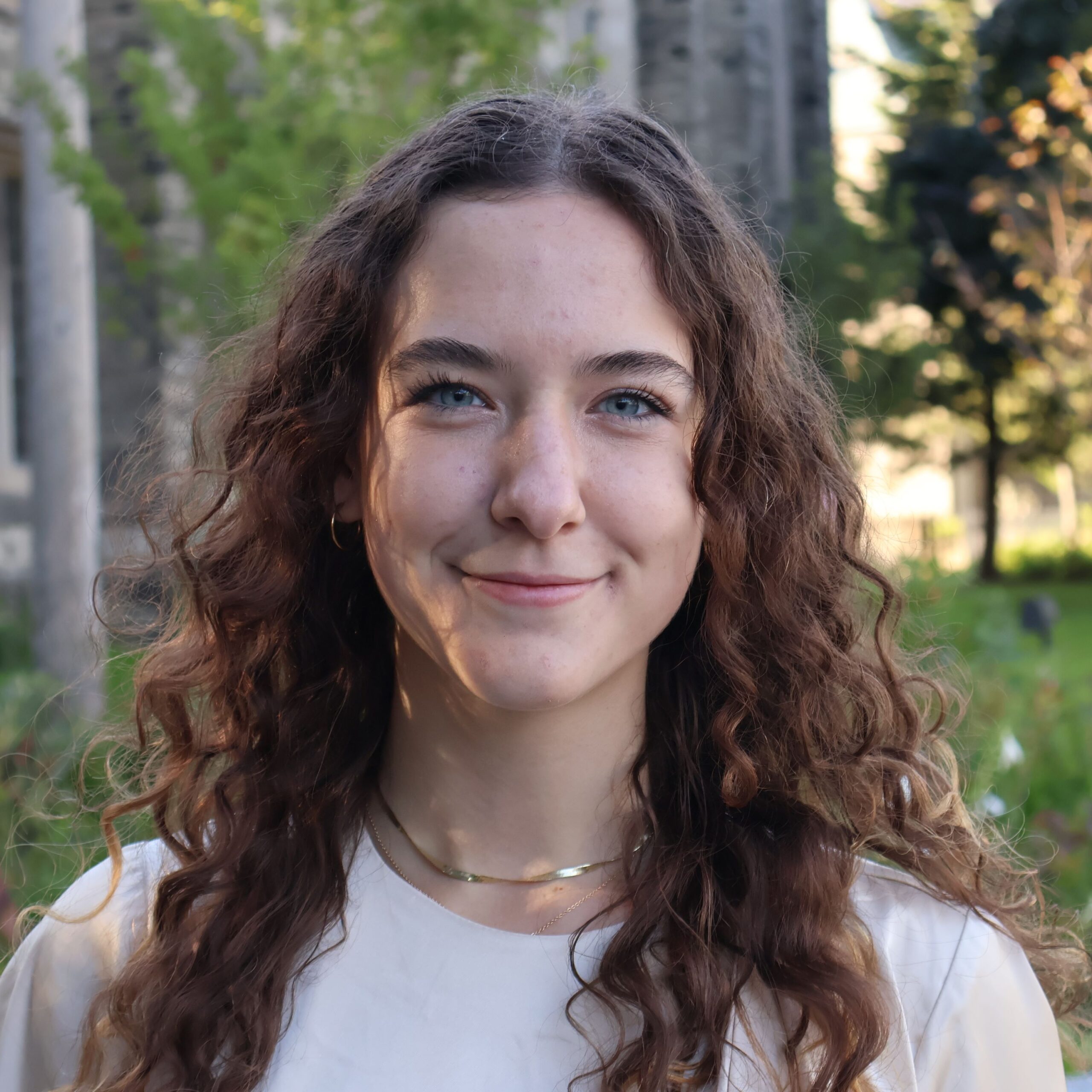
Olena Zubrytska
Undergraduate Student
Nursing Science
Lawrence S. Bloomberg Faculty of Nursing
About Olena
Olena is in her final year of the accelerated nursing program at the University of Toronto. As a research assistant at Toronto General Hospital, she contributes to cardiology and nephrology research, and is involved with traditional complementary and integrative medicine (TCIM) research with University Hospital Tübingen. Her research interests extend to mental health, where she investigates mental health outcomes of newly arrived Ukrainians in Canada and volunteers with children of individuals living with a cancer diagnosis. Olena is excited to serve on this year’s Inlight Student Advisory Committee to explore youth and adolescent mental health and contribute to research in this field.
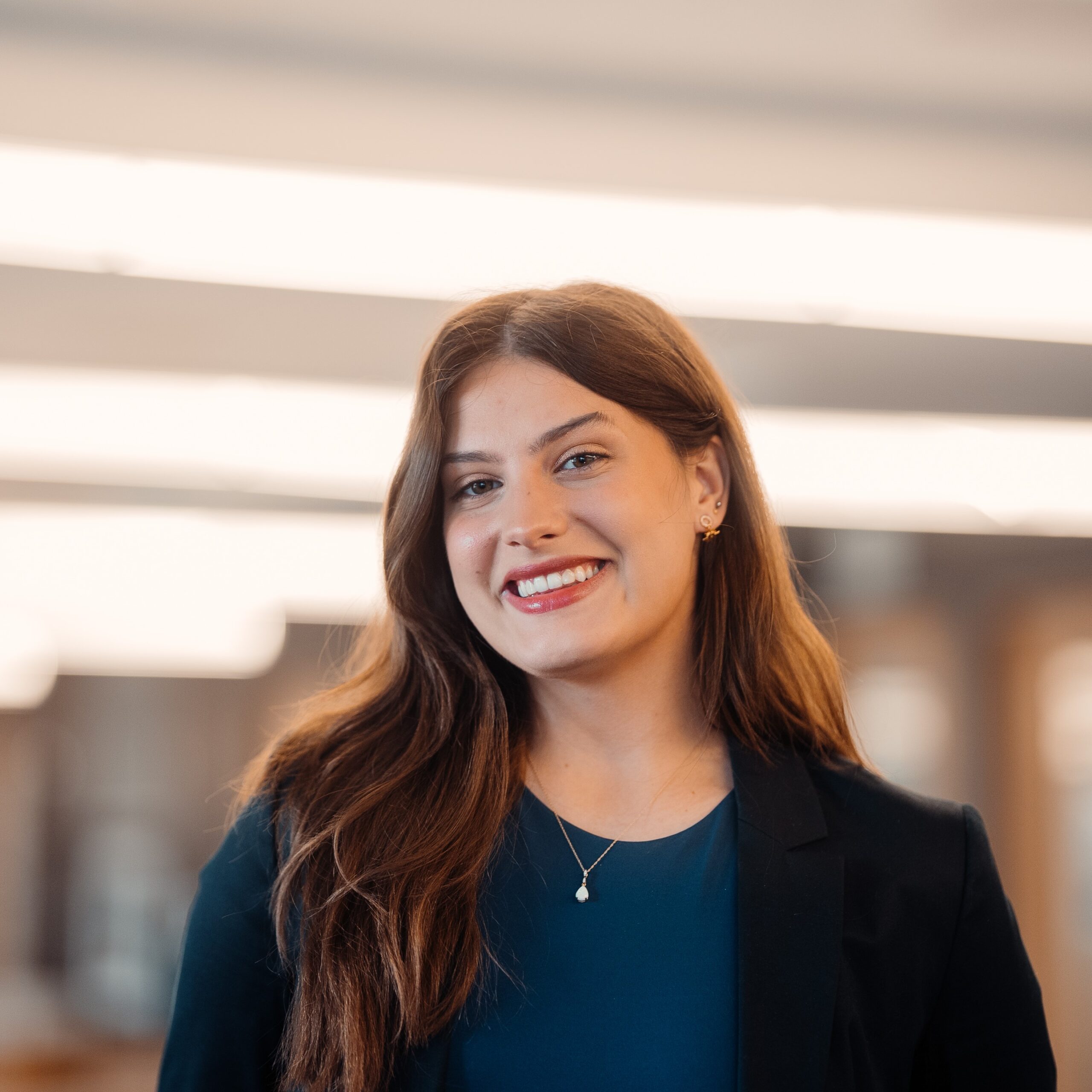
Sacha Samouk
Undergraduate Student
Specializing in Anthropology and minoring in Education Studies
University of Toronto Mississauga
About Sacha
Sacha Samouk (she/her) is an undergraduate student at the University of Toronto Mississauga, specializing in Anthropology and minoring in Education Studies. Sacha has worked as a Research Assistant on projects such as “Inequality, Historical Oppression, and BIPOC Peoples in the Americas” with Dr. Jerry Flores and “Coastal Climate Kids” with Dr. Cassie J. Brownell, where she utilized qualitative and quantitative research methods to address social disparities and promote community well-being. Her involvement as a Peer Mentor with Accessibility Services demonstrates her dedication to supporting students’ transitions to university life through academic skills workshops and wellness activities, directly aligning with the Inlight Team’s mission of fostering a supportive campus environment. Furthermore, Sacha‘s role as a student representative on the University of Toronto’s Governance Council reflects her commitment to advocating for academic policies and student support, ensuring that student voices are heard and prioritized. Through these experiences, Sacha contributes to the holistic understanding of student mental health, leveraging her interdisciplinary background to support the Inlight Team’s research goals.
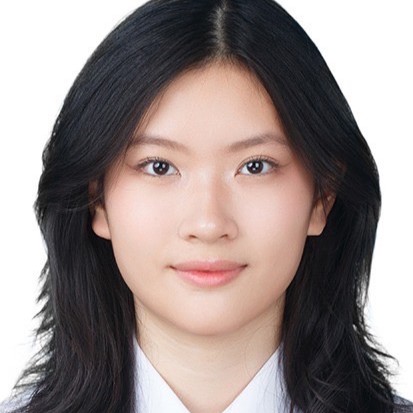
Thanida Kamchokchai
Undergraduate Student
Specialist in Mental Health Studies (Co-operative Program)
University of Toronto Scarborough
About Thanida
Thanida is a second-year undergraduate student specializing in mental health studies, with an interest in clinical neuropsychology and abnormal psychology. Her passion for mental health motivated her to undertake a research internship focused on assessing vocational skills and work preparedness in individuals with ASD. She has a strong interest in severe mental disorders such as BPD, bipolar disorder, and schizophrenia, as well as self-injury among adolescents. With aspirations to become a clinical neuropsychologist and researcher, Thanida aims to open her own private practice in the future. Currently, she volunteers as a crisis responder, dedicating her time to supporting individuals in urgent need.

Yuening Chen
Masters Student
Archaeology
University of Toronto Missisauga
About Yuening
Yuening Chen (she/her) is an M.A. student in Archaeology at the University of Toronto Mississauga, integrating psychological perspectives into archaeological research. Her work focuses on enhancing methodological rigour by applying insights from human factors and decision-making processes. Drawing from her diverse experiences as a tutor, field technician, and student organization associate, Yuening has developed a strong commitment to mental health advocacy and cultural sensitivity in research. She is dedicated to creating inclusive strategies that address the unique needs of underrepresented groups in academia. She aims to promote innovation and empathy in research practices, working towards a more equitable and supportive academic environment.


